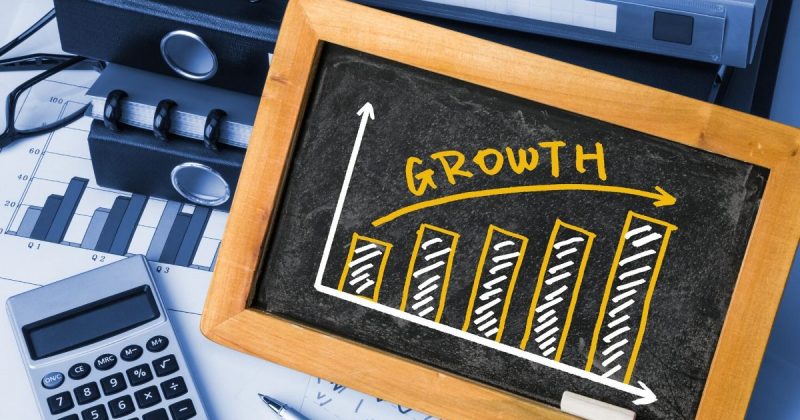First published in City Press
Knowing your net worth (and how to calculate it) can be both exciting and scary. Exciting if you’re doing well and your finances are looking good, but scary if not. Either way though it’s good to know what your current situation is as it’s impossible to improve anything that you don’t measure.
What is your Net Worth?
Before we delve into how to calculate your net worth, what is it?
Simply stated it’s the value of all your assets (physical things that you own) along with all your investments, bank accounts & cash, less all your debt.
So it’s your overall financial status – how well (or not so well) are you really doing once you take what you have less what you owe.
Think of Nandi who own’s a fancy flat in Sandton, drives a nice car and forever posts amazing pics on Instagram. It could be that it’s all bought on debt and that her net worth is very low, perhaps only R100,000. She has nice things that are worth a lot of money, but also has a ton of debt!
Compare her to Ari who lives with his parents, has some investments and drives a cheap but fully paid for car. He doesn’t have any debt and invests his money wisely. His net worth may be around R350,000 which is a far better position than Nandi. Outward appearances can very easily hide the true state of our finances; even from ourselves as we’re often too scared to really look. And buying things on debt is particularly dangerous as ones circumstances can easily change and you can quickly find yourself in a desperate situation.
Start with your Assets
Take a piece of paper (or a spreadsheet) and note down everything that you own that has value.
Generally speaking you would include the following items and write down how much it is worth now if you sold it (not what you paid for it). Also don’t worry if it is not yet paid off, right now we’re interested in how much it is currently worth.
- Your house and any investment properties
- Cars / motorbikes / scooters or bicycles
- Big furniture
- Jewellery
- Gold / precious metals
- Investments (RA’s, pension/provident funds, TFSA’s, shares, unit trusts, etc)
- Cash in the bank
- Collectables or antiques that have resale value
Electronics and clothing are generally not worth adding to the calculation. These items depreciate far too quickly. You may buy a laptop for R10,000 but you’ll struggle to sell it for R5,000 – no-one wants a second-hand laptop. Same for cellphones, cameras and clothing.
If you’re feeling stuck making up this list, go through each room of your house and see what you have. And then go through all your investment accounts and log in to see the current values.
Liabilities (Debt)
Next up, note down all your debts. It’s important to note down absolutely every debt that you have, even if it’s just a few hundred rand. Think of the following:
- Home loan
- Car finance
- Personal loans
- Credit cards
- Store accounts
- Family loans
It’s important to know how much you owe on each debt and you can also start looking at unwinding the debt spiral that is so easy to get trapped into.
Calculate your Net Worth
Once you know your assets and liabilities you can simply do the following:
Total value of Assets – Total value of Liabilities = Net Worth
It’s really that simple!
This figure is good to know as it helps you understand your overall financial situation.
Sometimes you may be feeling stressed or overwhelmed about some aspect of your finances but when looking at the bigger picture you may see that you’re actually in a good overall financial health. Or perhaps not but that can be a motivating factor.
Your net worth is very different to your month-to-month cash flow and you need to employ different strategies to ensure that both aspects of your finances are in a healthy state. Understanding your net worth is a great place to start and tracking the figure annually can help you asses your ongoing financial health as you should ultimately grow your net worth over time.


